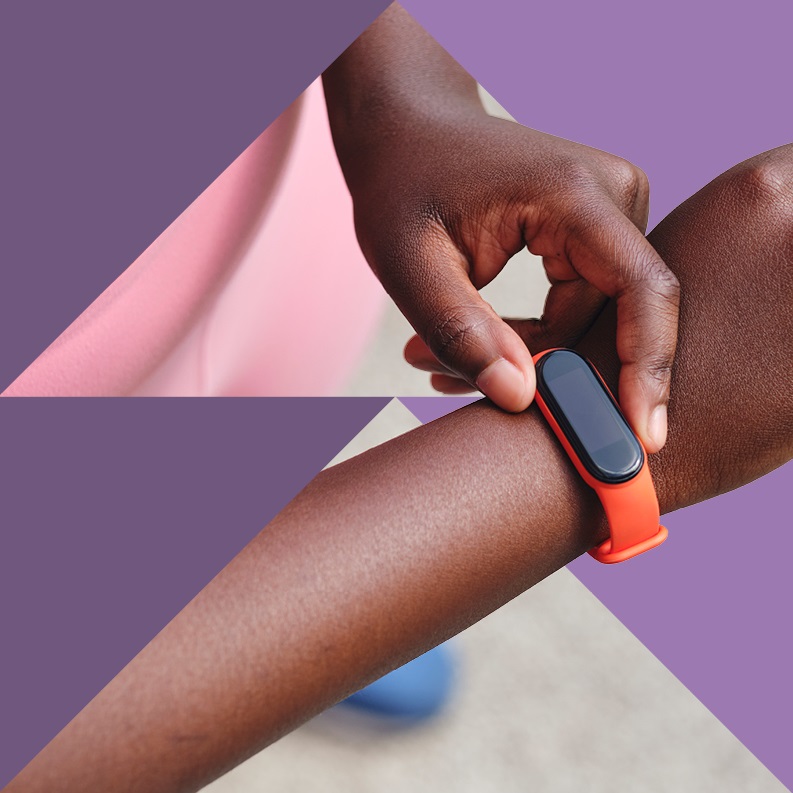
AI Toys Kickstart Gen Alpha’s High-Tech Childhood
Published 21 April 2023
The smart toy market is expected to reach $107.6bn in 2030, up from $21.55bn in 2022 (Market Research Future, 2023). Tapping into the growing market, Taiwanese start-up Pixsee has released the Play and Friends playset, which includes a baby camera powered by artificial intelligence (AI).
AI Toys Kickstart Gen Alpha’s High-Tech Childhood



Want to see the full report?
Offering access to over 350 consumer and cross-industry reports annually, Stylus Membership is your window to tomorrow’s most exciting opportunities.
We already arm more than 500 of the world’s most forward-thinking brands and agencies with the creative insights they need to make transformative business decisions.
We’d love to do the same for you.
Book a demo with us today to discover more.
More Reports From Stylus
More Reports From Stylus
The Future of AI At Work
Artificial intelligence (AI) is transforming workplace dynamics as employees automate routine tasks, work alongside AI agents and reconsider their career paths. Corporate responses to AI’s rise vary wildly: some companies are providing robust frameworks for AI usage, while others are leaving workers to experiment...











